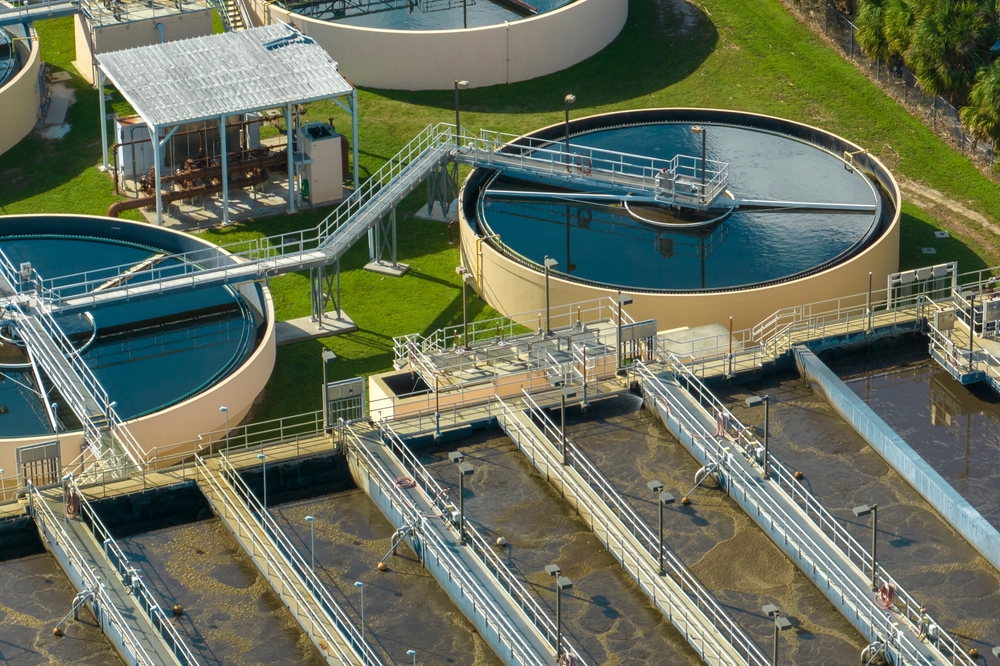
CONTACTS
Laura Orlando, Just Zero – lorlando@just-zero.org, (617) 413-8505
Peter Blair, Just Zero – pblair@just-zero.org, (631) 741-2625
John Hocevar, Greenpeace – jhocevar@greenpeace.org
November 28, 2023 – Today, Just Zero and more than 40 environmental organizations, scientists, public health advocates, and farmers across the country are calling on the United States Environmental Protection Agency (EPA) to take stronger action to reduce the spread of PFAS and microplastics from Massachusetts’ Deer Island Wastewater Treatment Plant. This plant is not only the single largest source of these contaminants in Massachusetts, but also one of the largest sources in the entire country.
Located on a peninsula in Boston Harbor, the Deer Island Treatment Plant is responsible for managing the sewage that comes from 43 communities in the Boston metropolitan area, as well as the wastewater from industrial facilities, commercial entities, and landfills.
“Wastewater treatment facilities are not designed or required to treat wastewater for contaminants like PFAS and microplastics,” said Laura Orlando, Senior Scientist at Just Zero. “As a result, treatment facilities are discharging wastewater known to contain PFAS and microplastics directly into waterbodies across the country. They are also generating millions of tons of PFAS and microplastic-contaminated sewage sludge that gets spread over farms, gardens, and parks. EPA’s failure to regulate such large sources of PFAS and microplastics is irresponsible.”
In comments submitted today, Just Zero and our partners call for the EPA to take stronger actions to prevent PFAS and microplastic pollution, such as prohibiting Deer Island from spreading sewage sludge on land and from accepting landfill leachate that wasn’t treated to reduce or remove the presence of PFAS. The comments also urge EPA to expand on the proposed monitoring requirements for PFAS, to establish monitoring requirements for microplastics, and to maintain the independent science advisory panel responsible for monitoring the health of Massachusetts and Cape Cod Bays.
“One of the scariest things about this situation is that Deer Island is not an outlier,” said John Hocevar, Director of Greenpeace USA’s Ocean Campaign. “There are over 16,000 wastewater treatment plants in the country, and all of them are releasing dangerous levels of microplastics and PFAS in our oceans and rivers. EPA needs to take action now.”
While Just Zero and our partners strongly believe that we need to turn off PFAS and microplastics at the source, we understand that in the meantime, we must reduce the flow of these toxic contaminants into the environment at the end of the pipe. Ensuring more stringent requirements for one of the largest wastewater treatment facilities in the country is an important way to accomplish this.
Just Zero works with communities and lawmakers throughout the U.S. to implement Zero Waste programs that help achieve ambitious waste and toxicity reduction goals. For more information, please visit www.just-zero.org or reach out to Just Zero team members for further comment. Read the full comment letter.
###